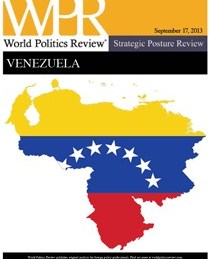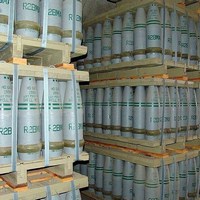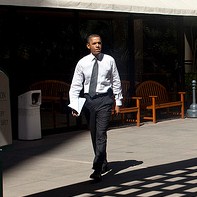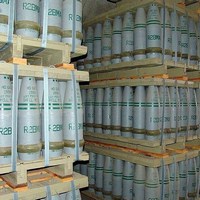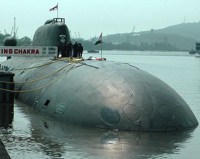
Despite India’s graduation from outlier to tepidly accepted member of the global nuclear order, one area of New Delhi’s nuclear activities continues to raise alarm: its undersea nuclear deterrent. India unveiled its first nuclear submarine, the INS Arihant, in July 2009. Though the ship was largely indigenous, Russia helped in designing the miniaturized nuclear reactor. Just last month, the nuclear reactor in INS Arihant went critical, clearing the way for its final operational trials in the Bay of Bengal. India has designs to produce four to five nuclear submarines by the end of this decade. When integrated with nuclear-tipped sea-launched […]

